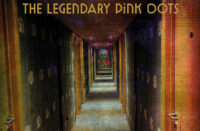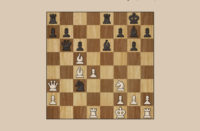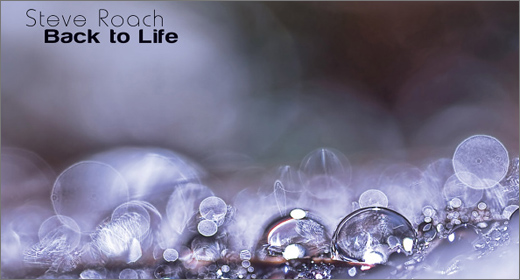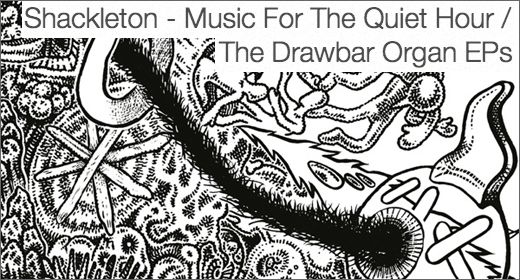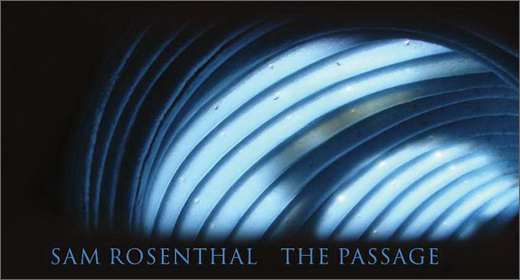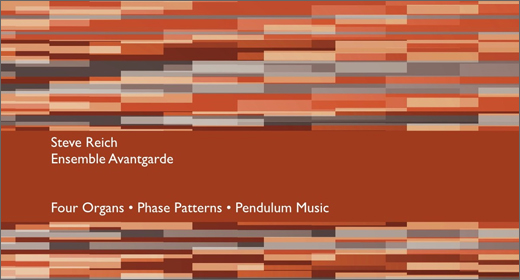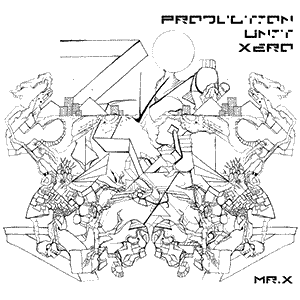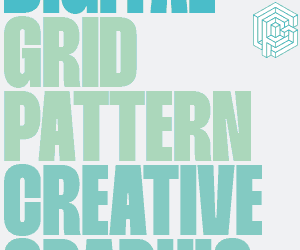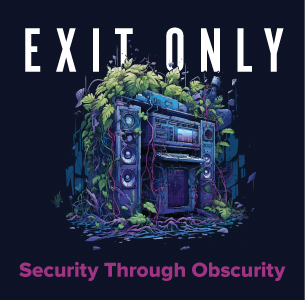If you gaze deeply into this music, you really won’t find much to do that. Despite the earnest effort, and although pretty, it is hardly eye-opening or transcendent. It is nice, undemanding atmospheric music to play while you have something else to concentrate on.
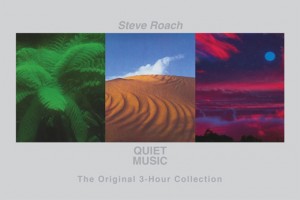
 Initially undertaken as a commission from a healing arts program, Steve Roach spun the idea out into Quiet Music, recorded 1983-86 and released as successive cassettes. The trilogy now appears for the first time in its three-hour format, handsomely wrapped in digipak form. Roach plays synthesizers and electric piano, with a little flute provided at the very beginning and very end by Will Morris (whose discography seems solely to consist of appearances on Steve Roach albums, four of them over thirty years).
Initially undertaken as a commission from a healing arts program, Steve Roach spun the idea out into Quiet Music, recorded 1983-86 and released as successive cassettes. The trilogy now appears for the first time in its three-hour format, handsomely wrapped in digipak form. Roach plays synthesizers and electric piano, with a little flute provided at the very beginning and very end by Will Morris (whose discography seems solely to consist of appearances on Steve Roach albums, four of them over thirty years).
Roach boasts a gargantuan discography that includes innumerable collaborations with well-known fellow New Age travellers. His legion of fans usually divide this output into beatless “space music” and rhythmic “tribal ambient.” Is it correct to classify Roach as a New Age rather than ambient artist, all value judgements aside? Roach taught himself to play synthesizer the same year Brian Eno released the first piece to be expressly identified as “ambient,” but his earliest influences were Tangerine Dream and Vangelis. Quiet Music is his essay at minimalism; like his early sources of inspiration, Roach’s music is usually drenched in sound. The three, four, five minute, short-form pieces work well, momentary glimpses, fleeting feelings. The longer ones generally do not.
They fail as art because they do not prod the imagination. In his classic study Ways of Seeing, John Berger states that work which connects to and is continuous with the world reveal the truth, while those which don’t disguise it. Quiet Music disguises the truth. Its use of obviously canned nature sounds running through the entire length of the two “Green Places” which share its first disc, and recur at other times, is patently annoying. Notes dropping like dew fall on fertile ground, but the arpeggios might make you wince.
Eno famously characterized ambient music as intended to be ignored but interesting enough to capture your attention. If you gaze deeply into this music, you really won’t find much to do that. Despite the earnest effort, and although pretty, it is hardly eye-opening or transcendent. It is nice, undemanding atmospheric music to play while you have something else to concentrate on. It casts no shadows and as such is probably exactly the kind of utilitarian sound the healing arts program was expecting.
Quite Music is available on Projekt. Buy at Projekt, iTunes or Amazon.







